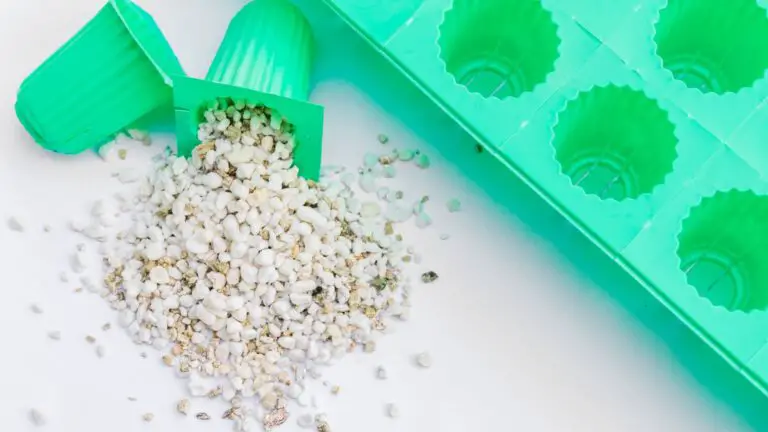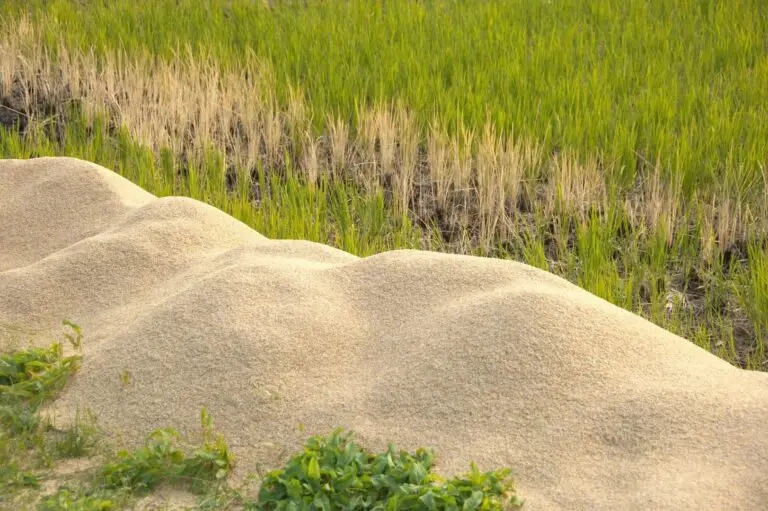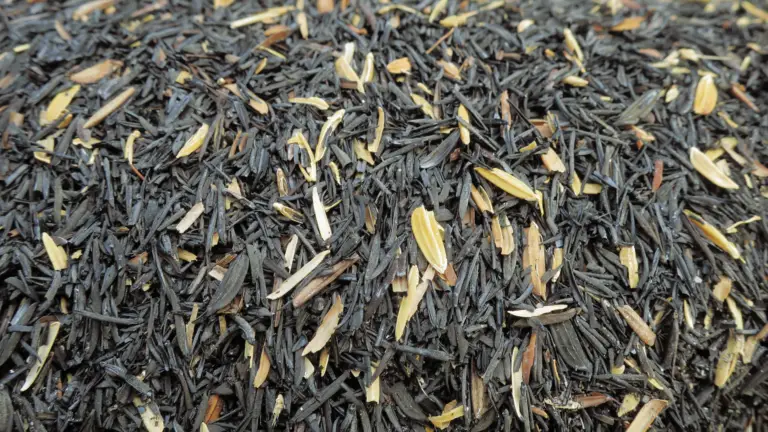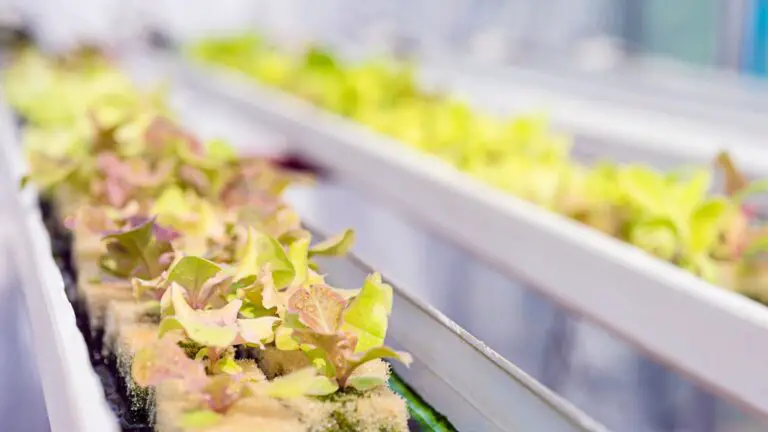Rockwool vs Coco Coir: Which Is the Right Choice for You?
Disclosure: Your purchases through our links may earn us a small commission, supporting our site’s ability to provide valuable information to our readers. Rest assured, it won’t impact your price. Thank you for your support.
There are many options to choose from when it comes to growing mediums. Rockwool and coco coir are two of the most popular growing mediums.
Many gardeners struggle to decide between Rockwool and coco coir because both materials have pros and cons. In the end, it comes down to what works best for your situation.
In this blog post, we will discuss the comparison of Rockwool and coco coir. By the end of this post, you should understand which growing medium is best for your needs!
1. The type of material used.
Rockwool is made from melted rock (synthetic material), while coco coir is made from the husks of coconuts (natural). Rockwool is a good choice for gardeners looking for a sterile growing medium. Coco coir is good for gardeners looking for a more environmentally friendly growing medium.
2. The effect on the environment
Rockwool is made from non-renewable resources and can be difficult to dispose of, while coco coir is a sustainable and biodegradable material.
Related: 11 Different Biodegradable Resources You Can Use for Hydroponics
3. The water-retention capacity
Rockwool tends to be more water-absorbent than coco coir, making it better suited for hydroponic systems and other applications where plants need a steady moisture supply.
But coco coir drains better. Coco coir is a good choice for plants that prefer drier conditions.
Related: How Often to Water Your Plants With the Kratky Method?
4. pH level
Rockwool has a neutral pH, while coco coir is slightly alkaline to neutral. This means that both Rockwool and coco coir are good choice for plants that prefer neutral or alkaline conditions.
Related:
How to Keep the PH Level of Each Hydroponic Growing Medium?
How to Measure EC, pH, DO and Temperature in a Hydroponic System
5. Insulation
Rockwool insulates better than coco coir, making it a better choice for plants that prefer cooler temperatures. Coco coir is less likely to compact and suffocate roots than Rockwool. This means that coco coir is suitable for plants that need well-aerated growing conditions.
6. Cation Exchange Capacity
Coco coir has a higher cation exchange capacity than Rockwool, which means it can hold onto more nutrients. This helps plants that need high levels of nutrients. Also, learn about 13 nutrients required for hydroponic plants.
7. Reusability
You can reuse Rockwool used for insulation, but that requires treating properly before using. Please read how to treat insulation Rockwool for hydroponic growing to get knowing more. Coco coir is also easier to reuse than Rockwool. This helps gardeners who are looking to be more environmentally friendly.
8. The weight & ease of handling
Rockwool is typically considered heavier than coco coir, making it more challenging to work with and requiring additional support when used in vertical gardens or other structures.
Coco coir is lighter than Rockwool, making it easier to transport. This is helpful for gardeners who need to move their plants around often.
Rockwool and coco coir may be challenging to handle, but Rockwool is often considered more cumbersome than coco coir due to their weight.
9. Plant health
Some gardeners and growers believe that Rockwool can harm plants over time by leaching chemicals into the growing medium, while others claim it provides a more stable pH.
10. Cost & the availability
Rockwool is more expensive than coco coir. This means that Coco coir may be the best choice for gardeners on a budget. Now, rockwool and coco coir are available at online stores in different price ranges. Rockwool is widely available from gardening and hydroponic stores, while coco coir can be more challenging to find in many countries. However if you are residing in countries which produce more coconuts, you can make coco coir for cheap cost.
If you are looking to buy Coco coir or Rockwool as growing mediums for your garden, click the below-shown online store links to buy a suitable one.
There you have it!
Rockwool and coco coir are both popular growing mediums for plants, but they have different properties.
This blog post compared the ten most significant differences between these two media. Rockwool is more water-absorbent than coco coir and has a neutral pH level, while coco coir is lighter than Rockwool and has a higher cation exchange capacity. Further, the coco coir and coco peat are often confused with one another. Please read the following post: Coco Peat vs Coco Coir: What’s the Difference? to clear up any confusion.
Ultimately, it comes down to what works best for your needs. We hope this blog post has helped you decide which growing medium is right for you!
What are your thoughts on Rockwool and coco coir? Have you had success with either one of these growing mediums? Let us know in the comments below!
Thank you for reading!
Also, read:
12 Alternatives to Rockwool for Hydroponic Farming
10 Interesting Facts about Coco Peat as a Hydroponic Growing Medium
Peat Moss May Be Good for Plants, but Gardeners Should Avoid It.
Is a Growing Medium Necessary for Hydroponic Systems?
How to Set Up a Hydroponic Drip System and its Advantages and Disadvantages





